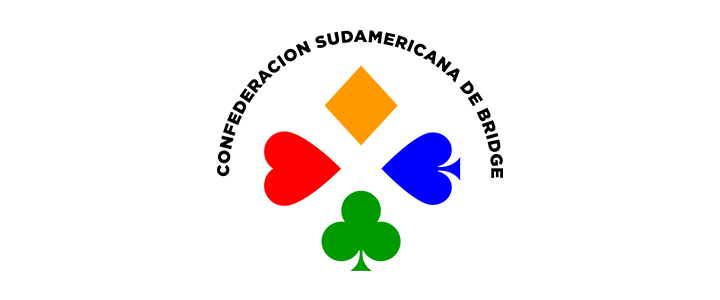Fuente: December 2015 ACBL Bridge Bulletin ![]()
![]()
![]()
![]()
When leading from an honor sequence, standard practice is to start with the highest honor. When following third hand, however, it is best to play the lowest of touching cards. Strict adherence to third-hand policy will pay dividends. Although the full hand (yours and dummy’s) will certainly inform your actual play at the table, we will, for the purposes of this exercise, look at one suit in isolation. In each diagram, you are leading a fourth-best spade against 1NT-3NT. Partner and declarer’s trick-one cards are displayed. When you regain the lead in another suit, do you continue spades or switch?
Answers:
1. Partner’s ![]() 10 denies the
10 denies the ![]() 9: He would follow with the lowest of equals. His
9: He would follow with the lowest of equals. His ![]() 10 also denies a higher honor due to the third-hand high principal. This leaves declarer with
10 also denies a higher honor due to the third-hand high principal. This leaves declarer with ![]() A Q 9 (x). Accordingly, shift to another suit or you will present declarer with an extra spade trick.
A Q 9 (x). Accordingly, shift to another suit or you will present declarer with an extra spade trick.
2. Partner’s jack marks declarer with A-K-10. It is time to switch and prevent declarer from winning his 10.
3. The evidence strongly suggests that declarer’s spades are headed by the A-K. Therefore, continue a low spade to partner’s presumed jack. This will go wrong only if declarer made a very clever falsecard at trick one, winning the ace from ![]() A K J. Why might declarer make this play? He could be wide open in another suit and hope to lure you into continuing spades. If this proves to be the case, tip your hat to the expert declarer.
A K J. Why might declarer make this play? He could be wide open in another suit and hope to lure you into continuing spades. If this proves to be the case, tip your hat to the expert declarer.
4. Partner’s king denies the queen. Nonetheless, you should continue spades, especially if you hold a po-tential entry, but select the jack to smother dummy’s 10. Watch those spot cards!
5. This one is tricky. Did partner make the good play of the queen from A-Q-x to deter declarer from holding up his king, in which case you should continue spades? Or does declarer hold ![]() A K 10, and you’d better switch? You should search for a clue, such as counting the visible high-card points. You may conclude that declarer needs the
A K 10, and you’d better switch? You should search for a clue, such as counting the visible high-card points. You may conclude that declarer needs the ![]() A to justify the 1NT opening. This situation is tempo-sensitive. If partner hesitated before playing the queen, you can be fairly certain that he holds the ace as well. However, this information is unauthorized and you may not be permitted to use it to your advantage. Encourage partner to study exceptions to third-hand high so that next time, he is ready to follow with the queen in tempo.
A to justify the 1NT opening. This situation is tempo-sensitive. If partner hesitated before playing the queen, you can be fairly certain that he holds the ace as well. However, this information is unauthorized and you may not be permitted to use it to your advantage. Encourage partner to study exceptions to third-hand high so that next time, he is ready to follow with the queen in tempo.




